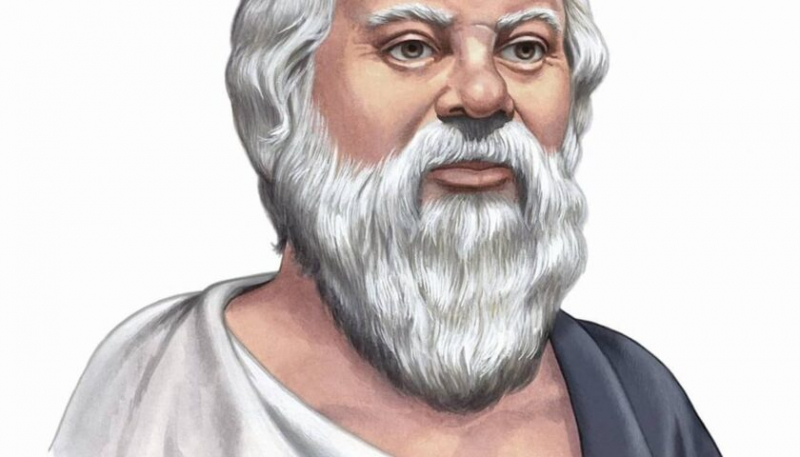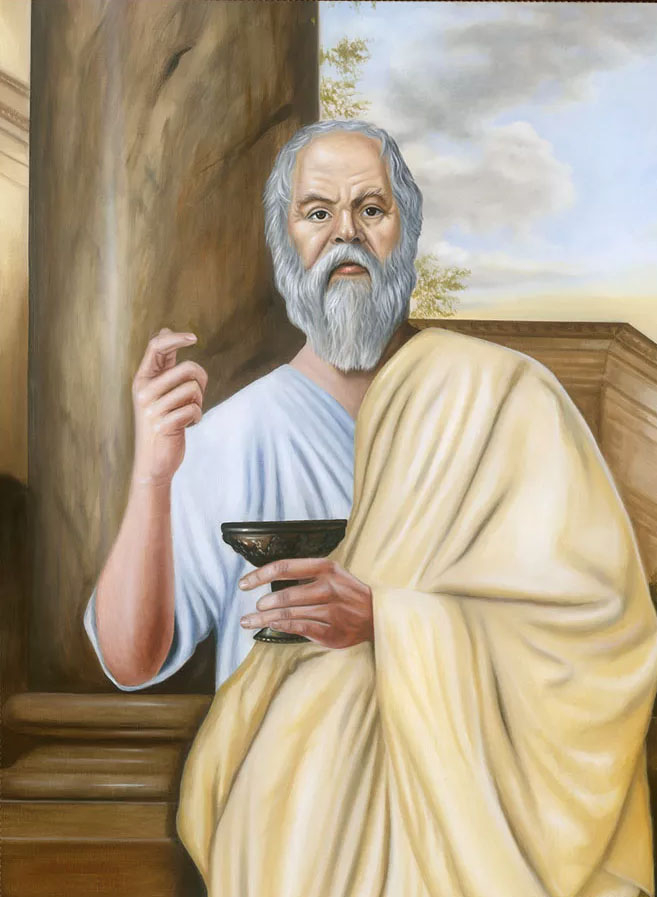Socrates’ resistance to the governmental issues

The issue of Socrates' opposition to the vote-based system is commonly contested, and it comes up in philosophical debates when trying to determine exactly what Socrates believed and did not believe. Though this is typically seen as a second-hand account through the "exchanges," Plato's Republic provides the most convincing proof that Socrates did not believe in democracy. In Plato's Apology, Socrates is shown as not pursuing common legal matters and constantly stating that he could not counsel others on how to live their lives since he did not yet understand how to live his own.
One of the themes emphasized in Andrew David Irvine's 2008 drama Socrates on Trial is Socrates' views on democracy. Irvine argues that Socrates was content to accept his fellow citizens' choice because of his faith in Athenian majority rule. According to Irvine: “Amid a period of war and incredible social and scholarly change, Socrates felt constrained to express his perspectives straightforwardly, paying little attention to the results. Subsequently, he is remembered today not just for his sharp mind and high moral principles, but also for his steadfastness to the view that in a vote-based system, the ideal path is for a man to serve himself, his companions, and his city – notwithstanding amid times of war – by being faithful to, and by talking freely about the truth.”










